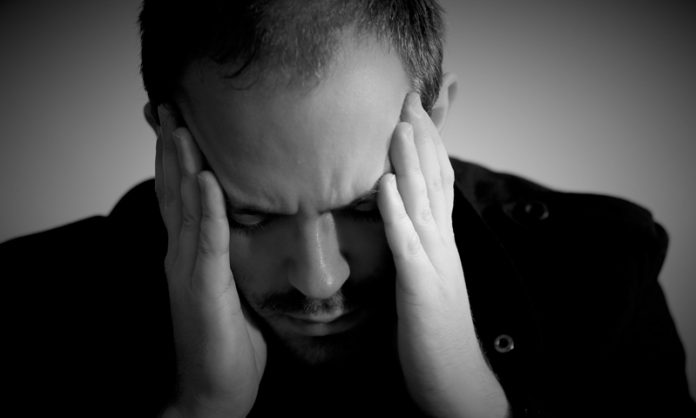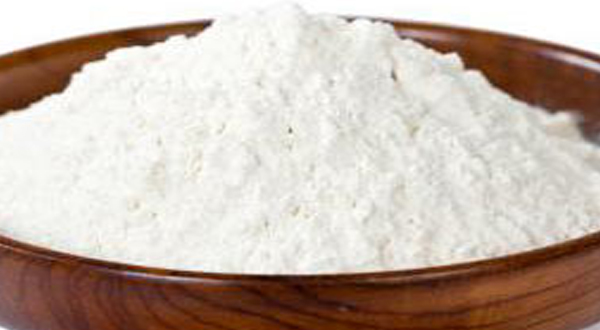The increasing popularity of social media and the never ending platforms available today are a risk to teens and young adults, warn UAE health experts.
Naser Al Riyami, Emirati psychologist and hypnotherapist, told Khaleej Times that psychologists are witnessing a link between social media addicts and signs of depression. “A lot of today’s social media influencers feel dependent on their media platforms, and often find themselves being compared to others. If you start comparing yourself to others, especially in terms of appearance and lifestyle, then you need to take time off and reassess yourself, because this is unhealthy for the mind and body.”
He pointed out that the link between social media addiction and depression is not necessarily only coming from a psychological point of view, but also from a physiological view. “There is no doubt that one can develop a lot of ergonomic injuries, and once these injuries occur, they could lead to low energy, mood swings, feeling down and isolated.”
Moreover, he noted that though social media influencers tend to be popular and loved by their fans, they also receive backlash and criticism from online bullies, or “keyboard warriors”. “Just like a child being bullied on a school field, social media is also a field where you’ll find those that try to lift your energy and those who want to bring you down. There are also those who attempt to blackmail or scam people, and this can cause a great deal of anxiety and stress.”
Dr Dolly Habbal, clinical psychologist at Universal Hospital, said social media addiction has become a serious problem in society. “Both psychiatrists and psychologists report that there is a close relationship between social media and depression since it is becoming a major means of communication. The addiction leads to social withdrawal, as users are preoccupied with spending their time on self-entertainment and defusing their daily activities.”
Dr Habbal pointed out that engaging in social media at night can also trigger depression, as it disrupts sleep. She also added that social media should not lead users to focus on others more than themselves. “It becomes unhealthy if we are affected by other people’s accomplishments, and start comparing ourselves to them.”
Comparing oneself to others could lead to destructive emotions, such as increased anxiety and low self-esteem.
“Social media presents us with a distorted version of reality. Many can take advantage of us by giving distorted images of themselves. This is a game we can never win.”
Improper use of social media can be a burden.
“Social media has affected my perception on my life, and myself,” said a 27-year-old Instagram user and blogger, living in Dubai. “I have almost 25,000 followers, and although that might seem ant-size to the big names out there, it can still be a heavy burden. My followers depend on me and expect me to post pictures and videos daily.”
She admitted to heavily using social media, to a point where it has made her “feel unhealthy and depressed”. “I found myself comparing how I look, dress, and even my body type to other popular influencers, and this really brought me down emotionally. But then I am reminded that life on social media is not real life at all, and that a majority of what our viewers are viewing is in fact an act – a picture of what we hope an idealistic life would look like.”
With over 70,000 followers on Instagram, Mohamed Al Khalili said he does not allow his social media status to control him, nor his life. “It’s vital that I allow myself to have a break from time to time from Instagram. Sometimes I disappear for a week,” said the 26-year-old social media executive at Havas, whose Instagram account goes by the name ‘7amooch’.
“You need to ensure that you are controlling your platforms, not allowing your platforms to control you,” added Al Khalili, who has been living in the UAE for 24 years. Al Khalili pointed out that instead of taking the dark path of what social media might offer, bloggers and followers should use the platform to better themselves, their health and state of mind.
“I use social media to express my real character, I don’t compare myself to others, I am my own character and I am happy with that. It’s crucial for influencers and bloggers to understand that the public want to see their true and genuine self, and should therefore not mimic what others do.
“Focus on yourself, build on your own content and see what matches your lifestyle. Use social media as a way of self-motivation. I can easily leave my phone and get on with life. I don’t let it affect me because I have a career, family and friends surrounding me and these are my top responsibilities.”
He highlighted that social media can thus be used in a positive manner, particularly if users limit their time spent on it. “At the end of the day, people are following a real person, not a fictional character.”





